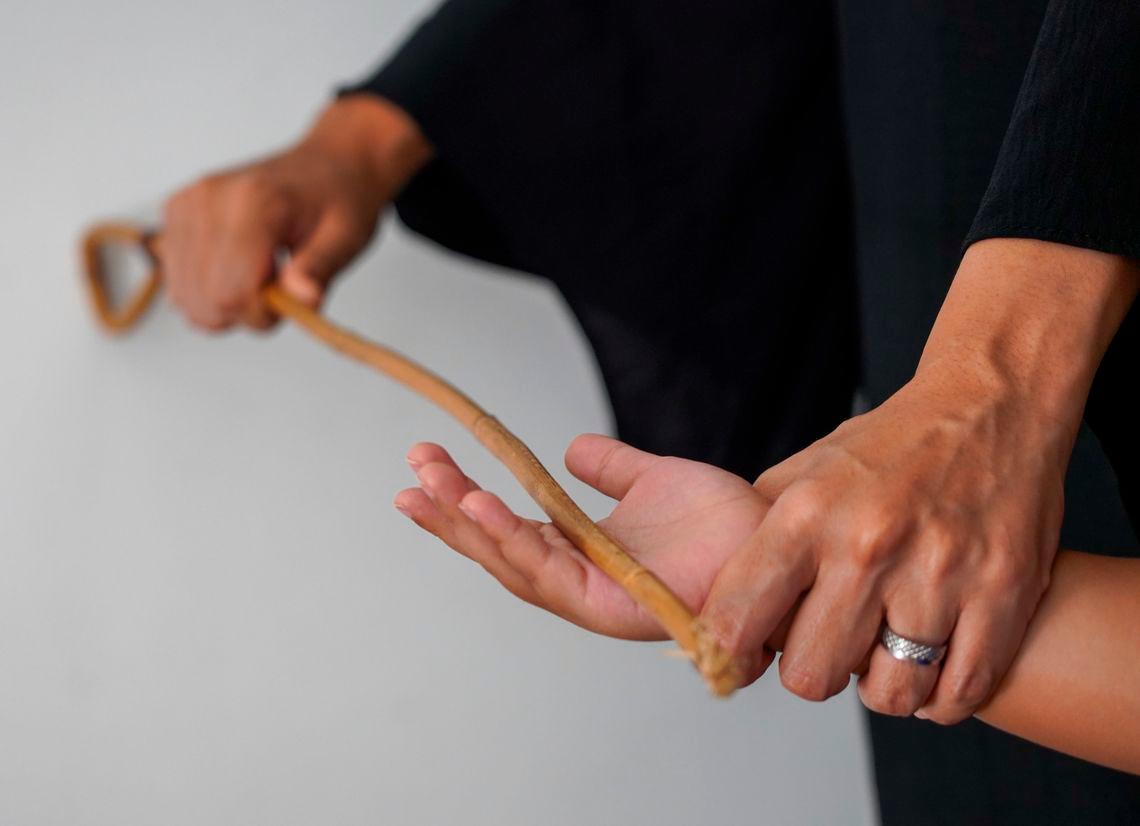PETALING JAYA: While some argue corporal punishment has no place in modern education, several retired teachers believe that if done properly and with accountability, caning can still play a role in shaping discipline and behaviour.
Speaking to theSun on condition of anonymity, three former educators voiced support for reintroducing caning in schools, not merely as punishment, but as a reminder that every action has consequences.
Aminah, 62, who taught in both Peninsular Malaysia and Sabah, said caning should never be the first option.
“It’s the last resort and not meant to injure. Before caning is carried out, schools must follow SOP. It’s only used when all other methods fail and even then it’s done in a controlled setting.”
Offences are already classified into three levels – minor, moderate and major. Incomplete homework or disobedience are considered minor, while bullying falls under major, particularly when it causes psychological or physical harm.
“Bullying often begins with verbal abuse like swearing and mocking. Students usually model what they see from adults, including parents and leaders.”
Recalling her years in Sabah, Aminah said discipline was often handled in partnership with parents.
“For instance, smoking cases. We would inform parents and sometimes they themselves would cane their child. That cooperation made a difference and repeat offences were rare.”
She stressed that discipline must be viewed as long-term.
“We need to think 30 or 40 years ahead. The students we teach today will be the adults shaping society tomorrow. Instilling discipline early is vital.”
Dewi, 66, a former teacher in the north, felt changes in parenting culture had fuelled discipline problems.
“Some parents today are overly protective, defending their children without understanding the context. Not all, but it’s becoming more common.”
She said such attitudes undermine teachers’ authority and embolden misbehaviour.
“Our system does not give teachers enough support. Instead of being empowered, teachers are scrutinised or blamed when things go wrong.”
Liza, 63, who served as principal in well-known schools in Selangor and Negeri Sembilan, said teachers need the authority to shape behaviour.
“Most of us know how to treat students fairly – we don’t disturb the disciplined ones. But when we can’t even raise our voice without backlash, how do we deal with problematic students?”
She lamented that some children arrive at school already spoilt and ‘untouchable’.
“But there are some students, after being caned they thanked us. They understood why. Counselling should accompany the punishment to explain its purpose. Sadly, school counsellors are often swamped with administrative work instead of focusing on students.”
She added that many youth problems stem from unstable family environments.
“Fathers are doing mothers’ roles, mothers are working all day and the emotional nurturing is missing. No one is monitoring these children.
“Many end up dropping out, turning to drugs or crime.” – By IKHWAN ZULKAFLEE









